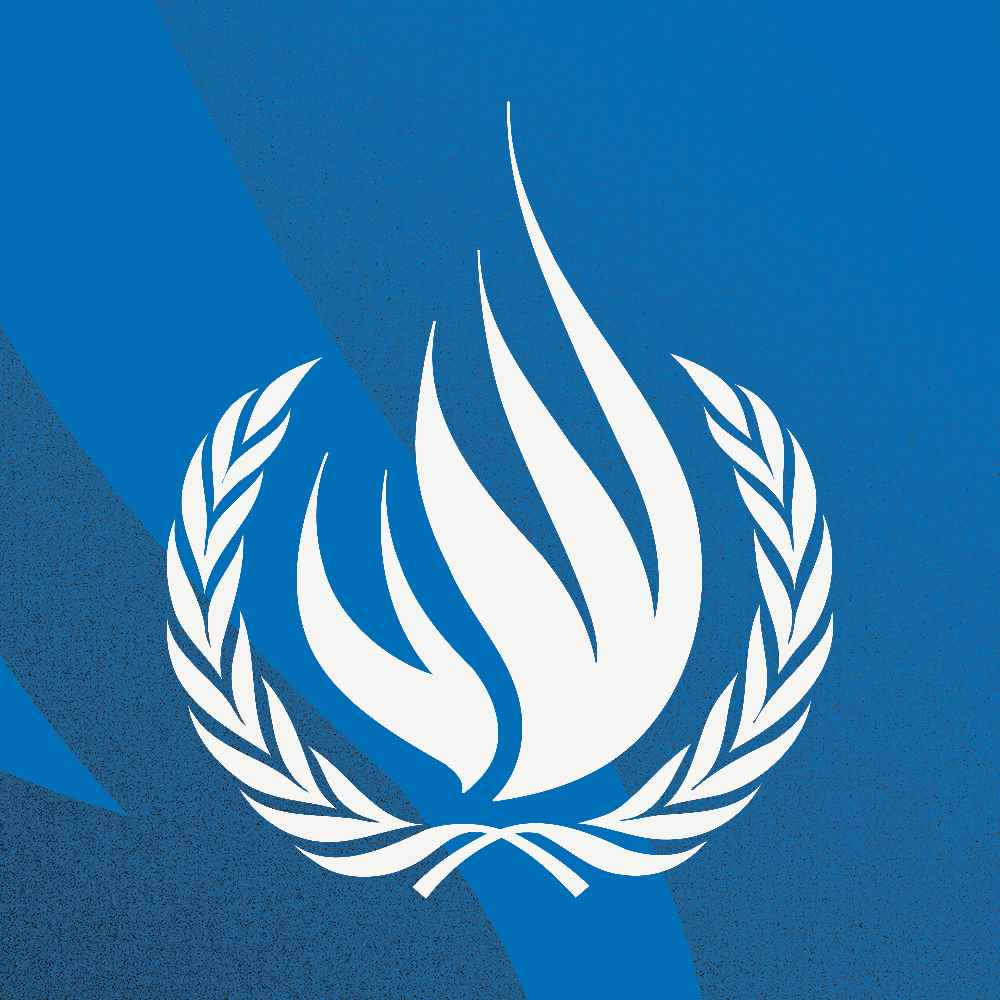
Kashmir has been under strict clampdown since last Sunday with no internet, mobile or landline contact
NEW DELHI: “There is a gloom and despair in Kashmir,” is how Tajamul Islam Manuu describes the situation in the valley.
Mannu is a PhD student at Hyderabad University who returned to the campus on Thursday after spending time in his home town of Bandipora in Kashmir.
“There is frustration, anger, helplessness and a sinister calm in the valley,” he said.
Due to the communication blackout it is difficult to know what is happening in other parts of Kashmir, he said, but “people have been protesting whenever they find an opportunity.”
“The whole of Kashmir is under siege. There is no communication happening. We are almost under house arrest,” said the student who was the head of the Hyderabad students’ union not long ago.
Kashmir has been under strict clampdown since last Sunday with no internet, mobile or landline contact. There is a prohibitory order in place in the entire valley, with 7 million people virtually under house arrest and devoid of all basic democratic rights.
Media reports say that more that 800,000 troops are maintaining a round-the-clock vigil to prevent any violent reaction after New Delhi’s decision to revoke Article 370 of the constitution that gives an autonomous and special status to the state of Jammu and Kashmir.
The UN Human Rights Council (UNHRC) expressed concern about the situation in Kashmir, saying that there had been “hardly any information at all” from the region was “of great concern.”
Indian Prime Minister Narendra Modi tried to reach out to Kashmiris on Thursday in a national broadcast during which he argued that the revocation of the special status would bring development to the state and contain militancy.
“Who cares about Modi in Kashmir. Do you think people in the valley listen to him?” Manuu said.
“People will continue their struggle not for the Article 370 but for self-determination.”
Manuu said: “Kashmir is a far more developed state than many Indian states. The debate here is not about development but about identity. People who have lost their kith and kin are not going to forget the struggle,” he said.Shams Qari, a Delhi-based Kashmiri photographer, also expressed similar feelings.
“Everyone who is coming from the valley is in the deep shock. They feel that their identity has been challenged. They are angry,” Qari told Arab News. “The snatching of the special status will hurt Kashmir for many generations. They cannot forget and forgive.”
He said that Modi’s speech on Thursday was not “reconciliatory but hurtful.”
“The reaction of the people is calculated so far,” he said. “They have learnt from past. But people are much more angry than before.”
On Friday, two senior left leaders, Sitaram Yechury and D. Raja, were detained at Srinagar airport when they tried to go to the city. On Thursday, a similar incident happened when the opposition Congress party leader and former chief minister of Kashmir, Ghulam Nabi Azad, was asked to return to Delhi by the next flight.
Media reports suggest that more than 300 civil rights activists and people from different walks of life had been detained since Monday. Two former chief ministers, Mehbooba Mufti and Omar Abdullah, and scores of political leaders and activists, continue to be in detention after more than five days.
The UNHRC spokesperson expressed concern that the latest restrictions would “exacerbate the human rights situation in the region.”
He said that the “reported arbitrary detention of political leaders and restrictions on peaceful assembly” will prevent people and political leaders in the region from “participating fully in democratic debate about the future status of Jammu and Kashmir.”
In India, in a joint statement more than 285 civil rights groups condemned the revocation of the special status for Jammu and Kashmir and asked the government to restore normalcy to the state. They expressed solidarity with the people of the region.
SubHajjit Naskar, an assistant professor of international relations at Jadavpur University, said that “by hastily removing a constitutionally protected special status for Jammu and Kashmir, Narendra Modi’s government has reduced the idea of democracy to a mere majoritarian system.”
He told Arab News that it “may add fuel to the secessionist movements in other parts of India and further alienate Kashmiris too.”
“This may also have a deep repercussions for India’s Muslim minorities as a whole,” he said.
“India risks losing the moral high ground in world politics. The statement of the UNHRC proves that. Pakistan is also trying to corner India by taking the issue of Kashmir to different capitals of the world.”









